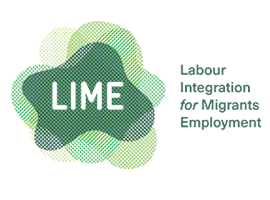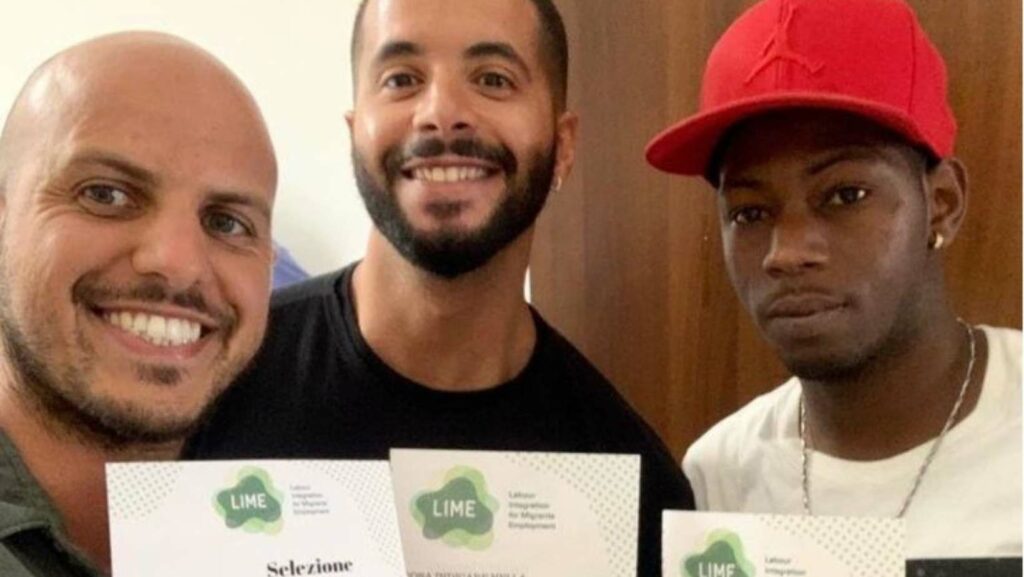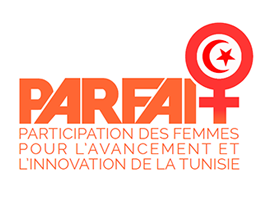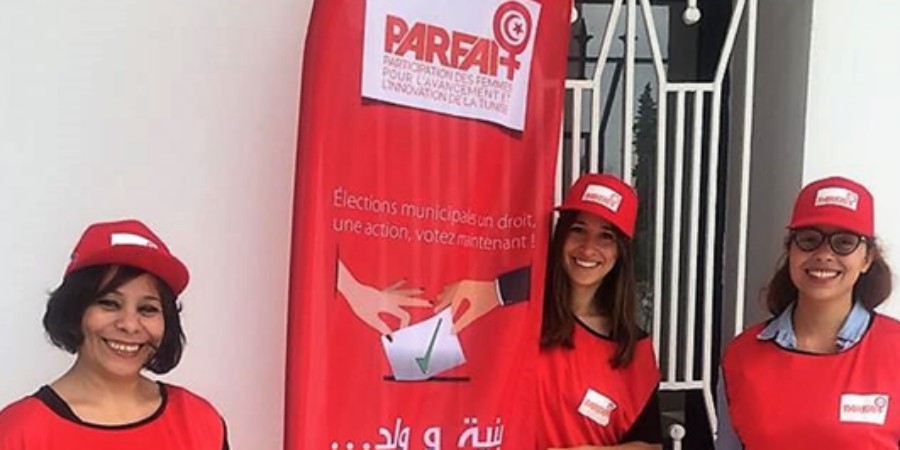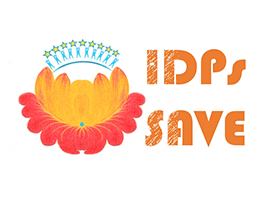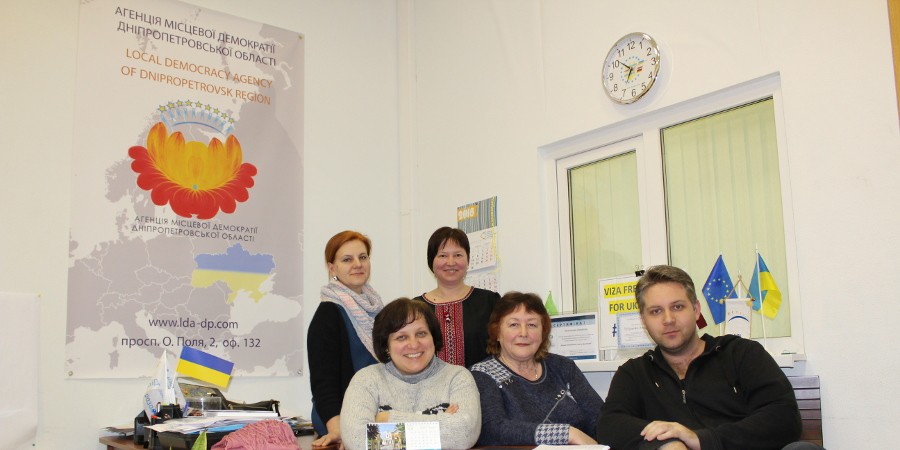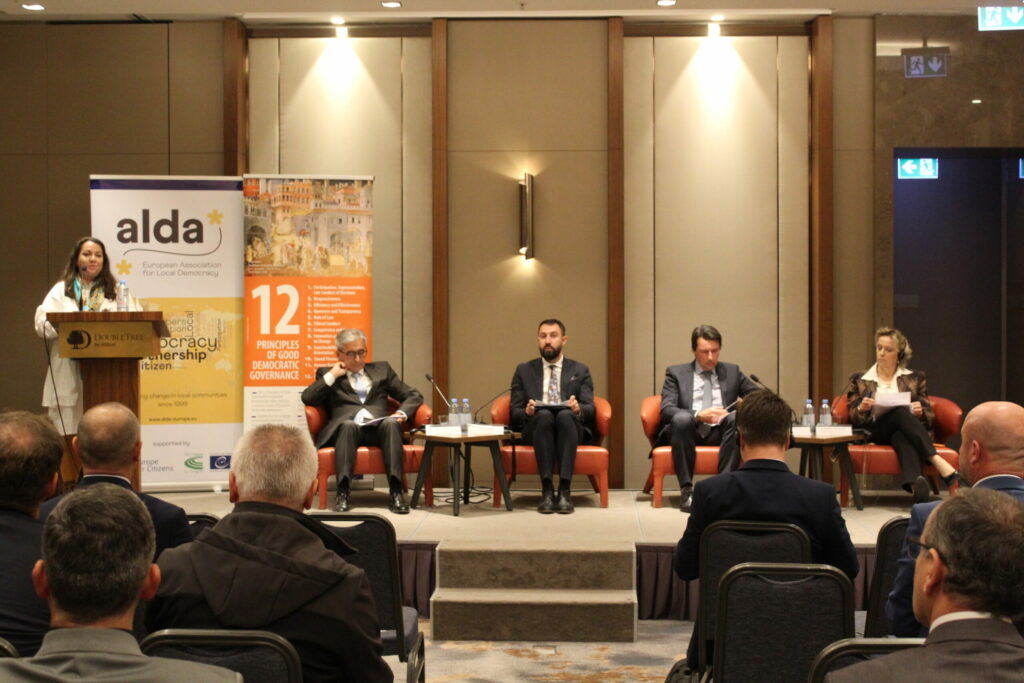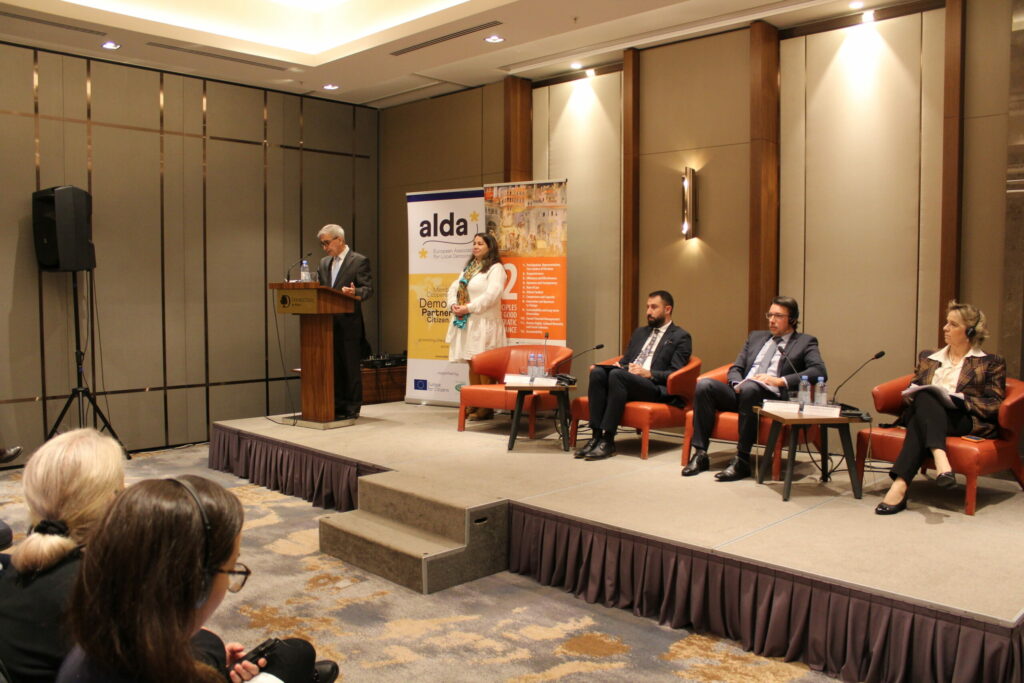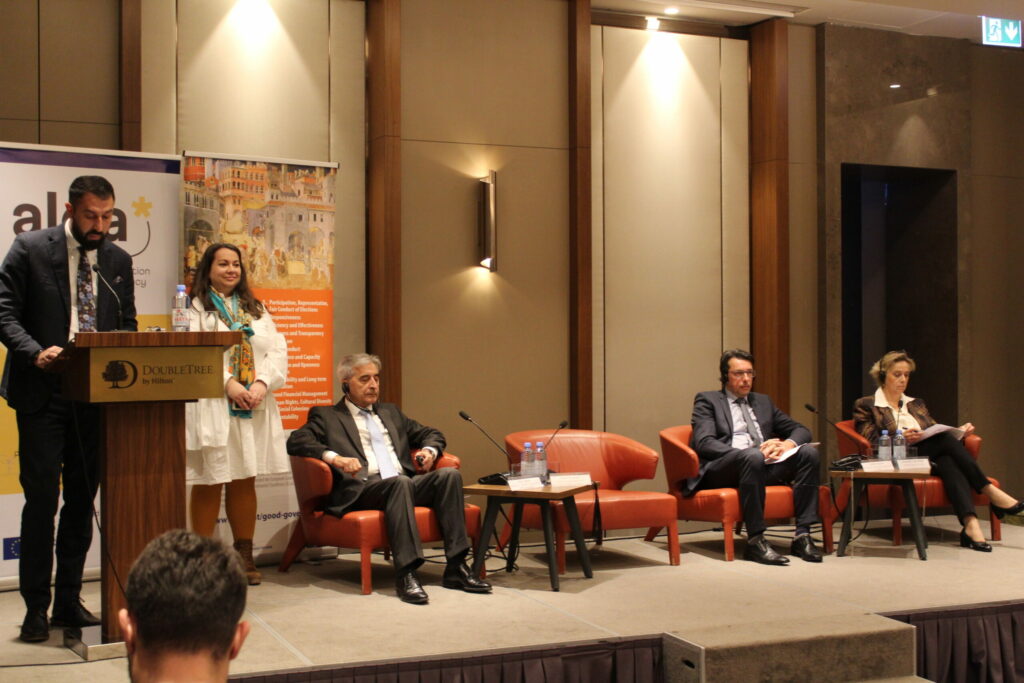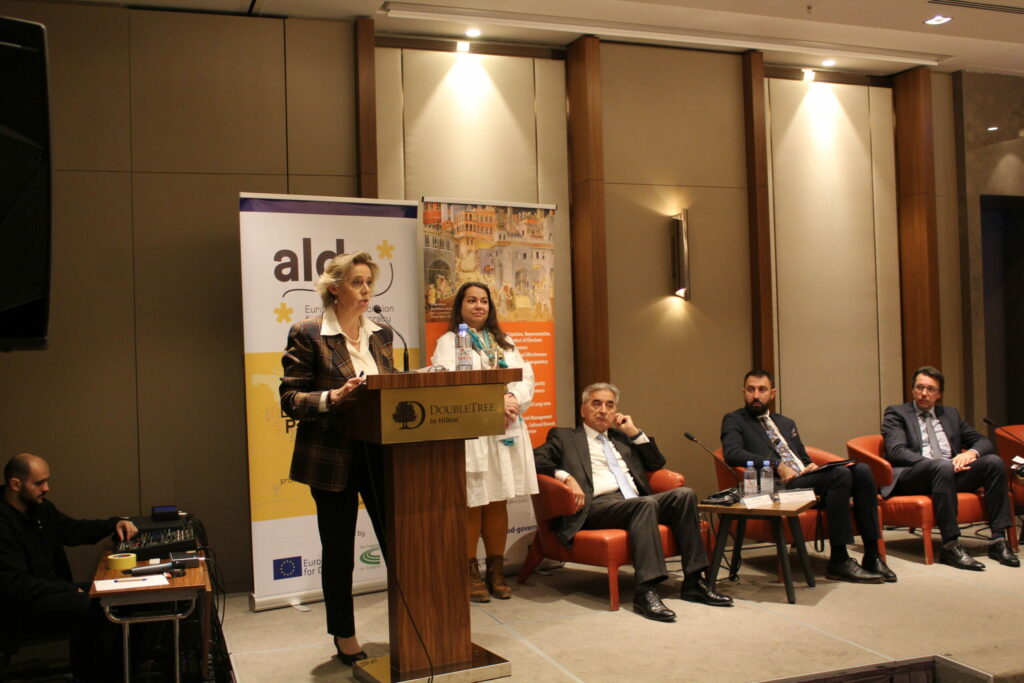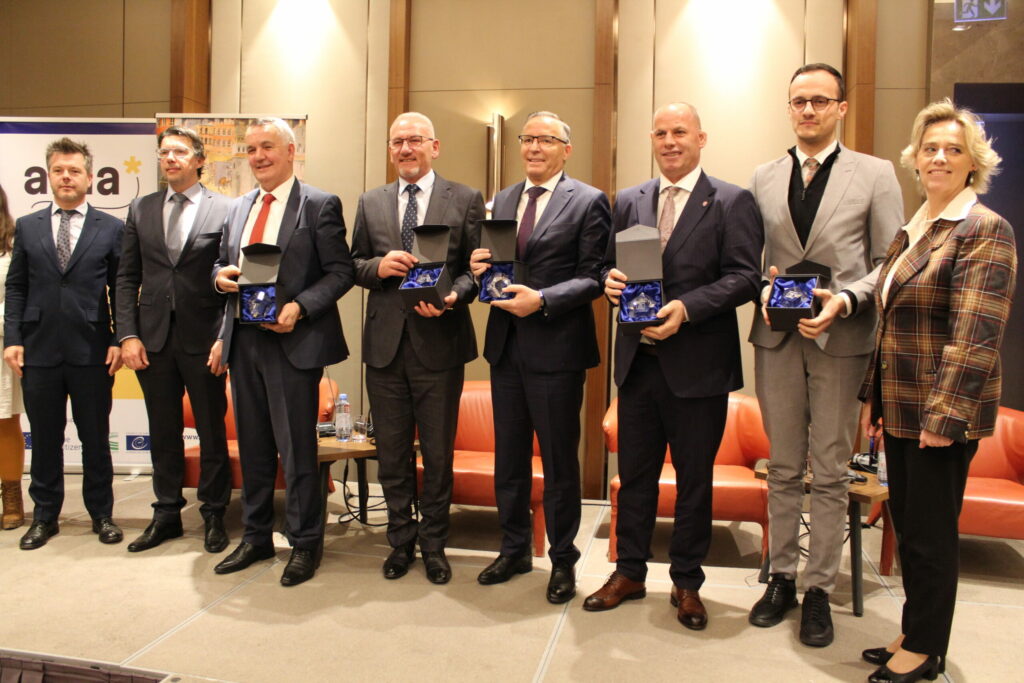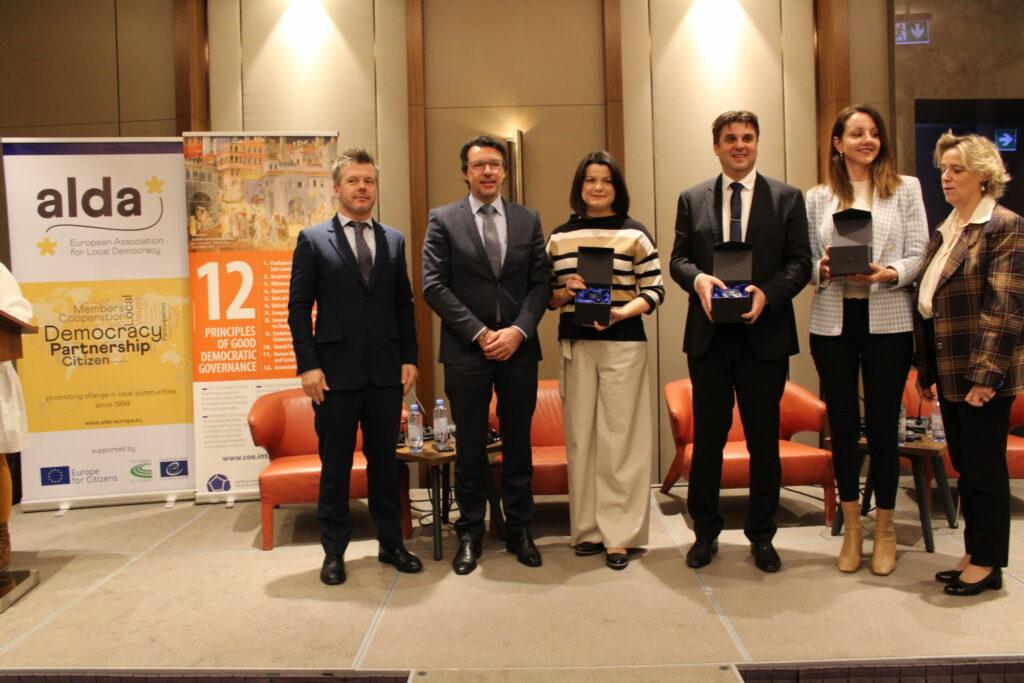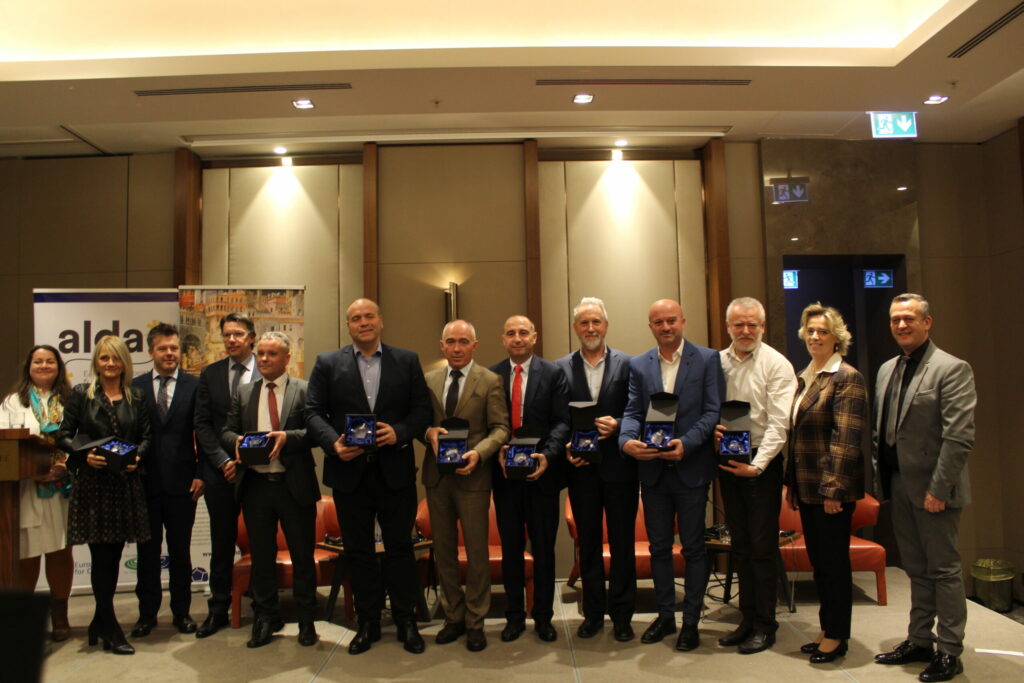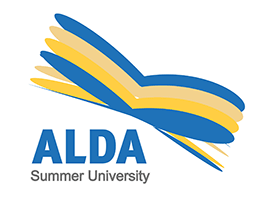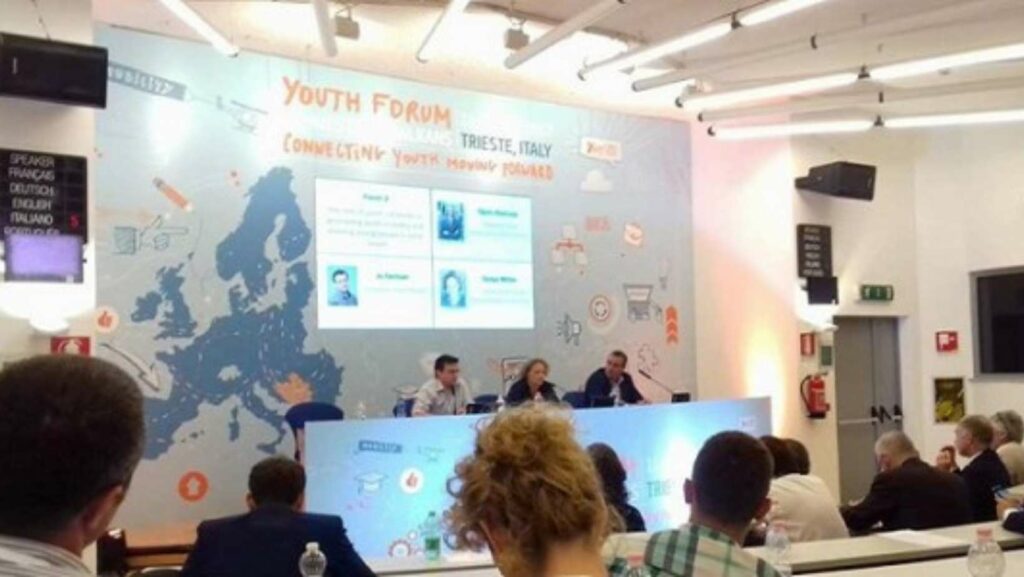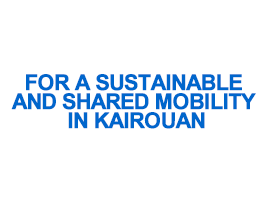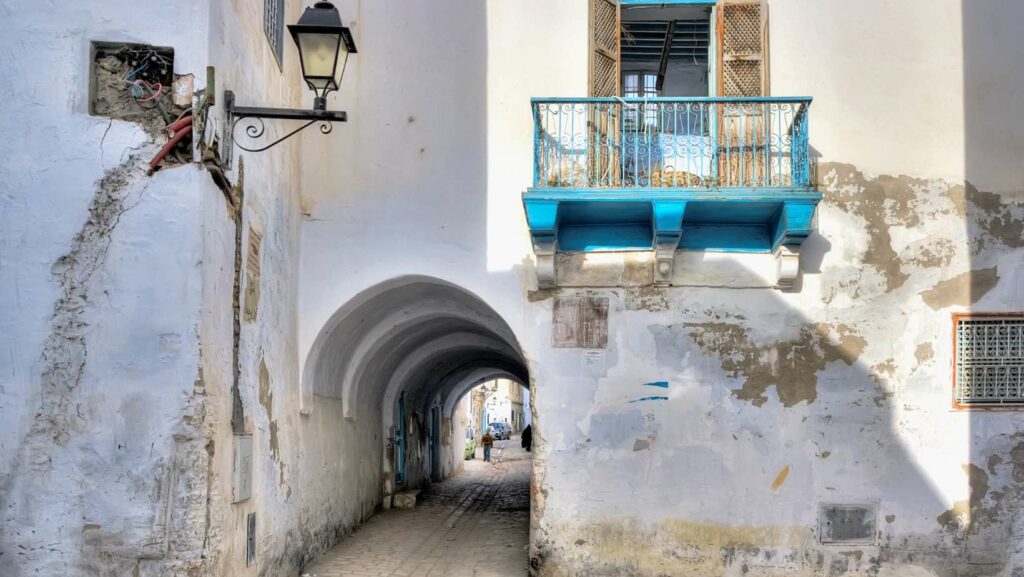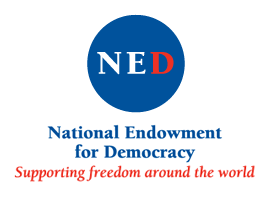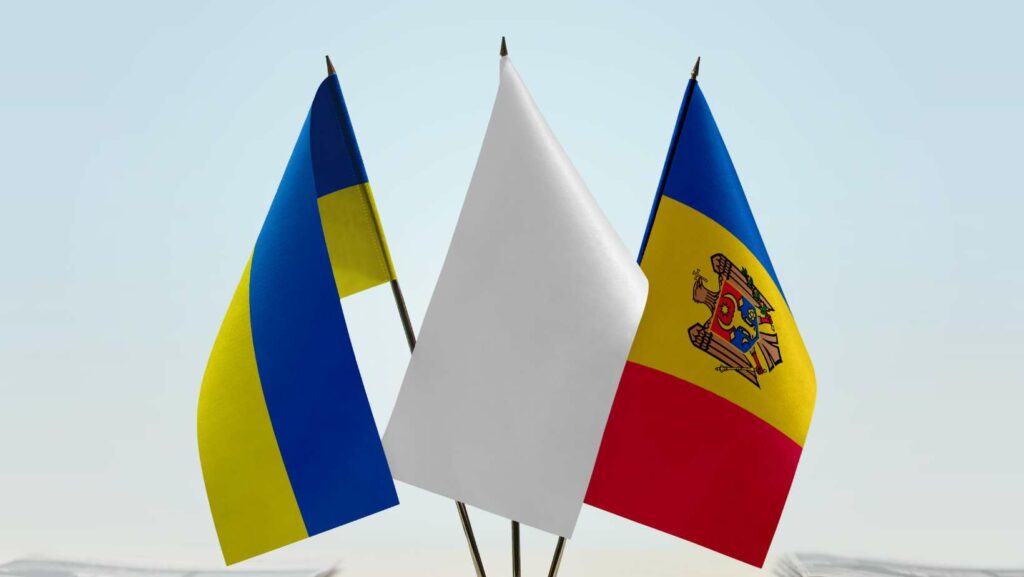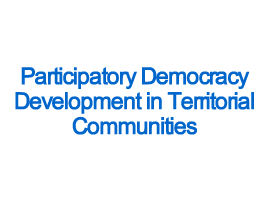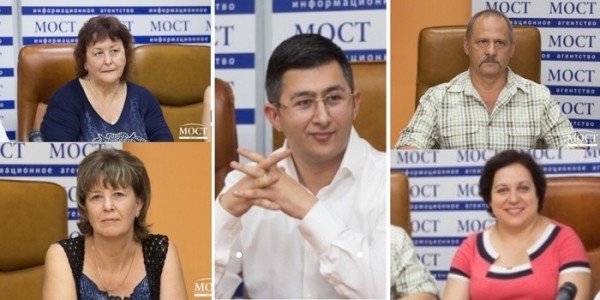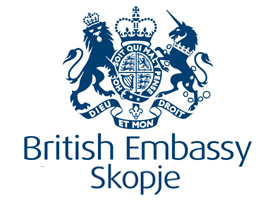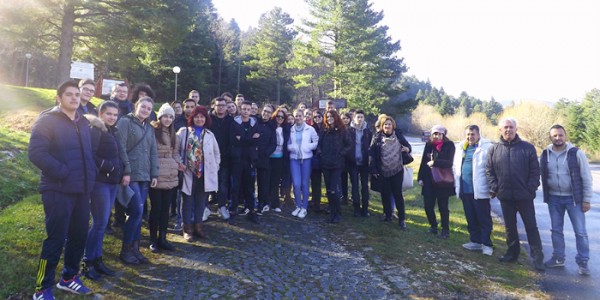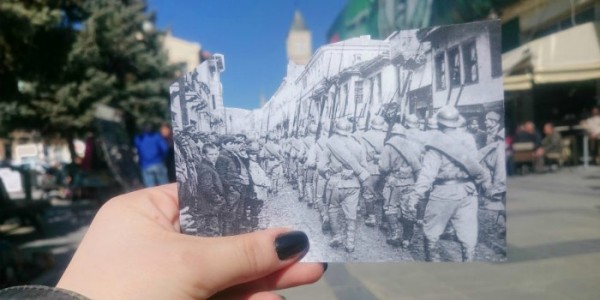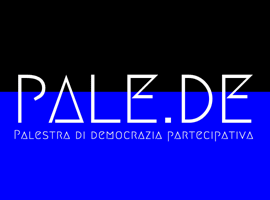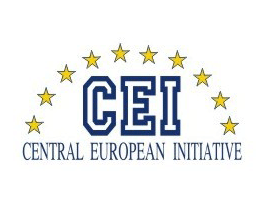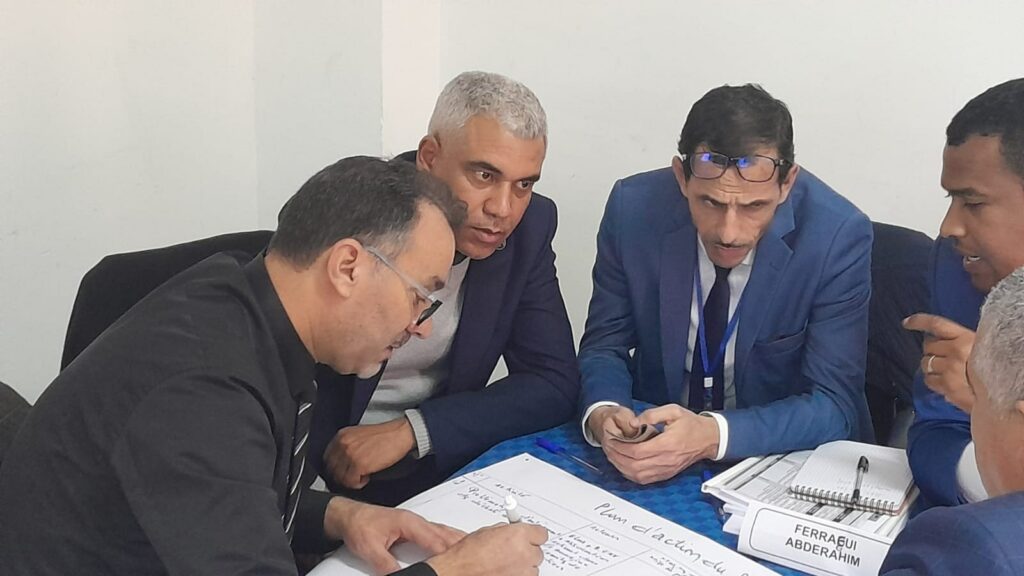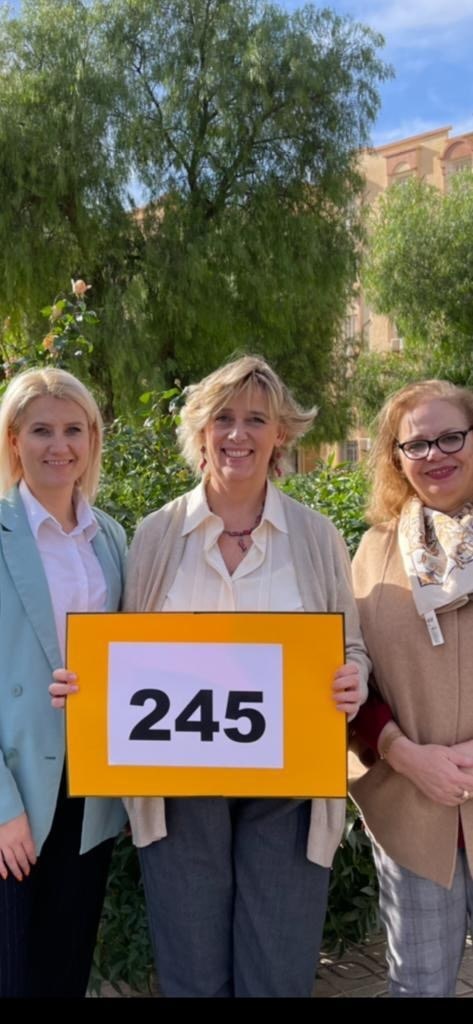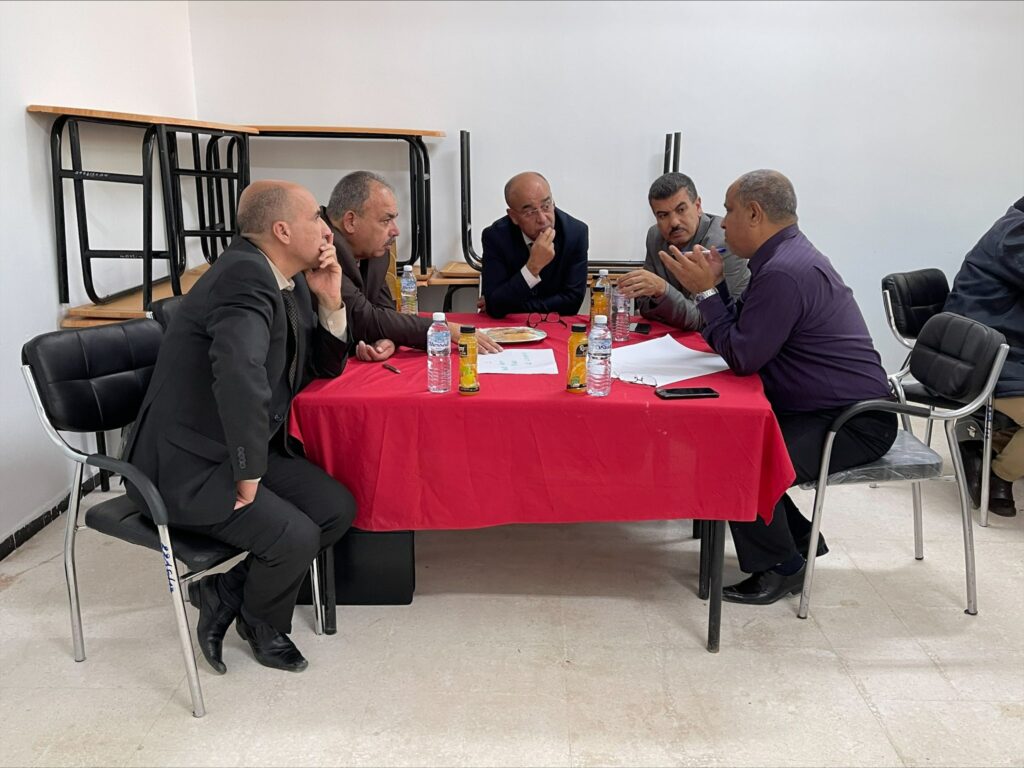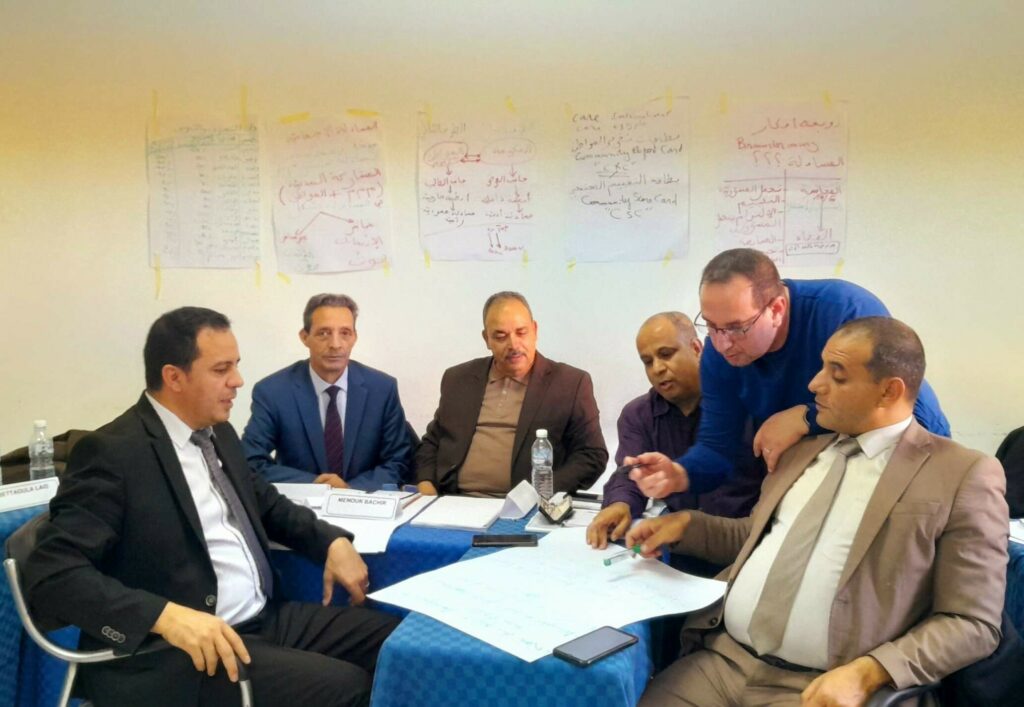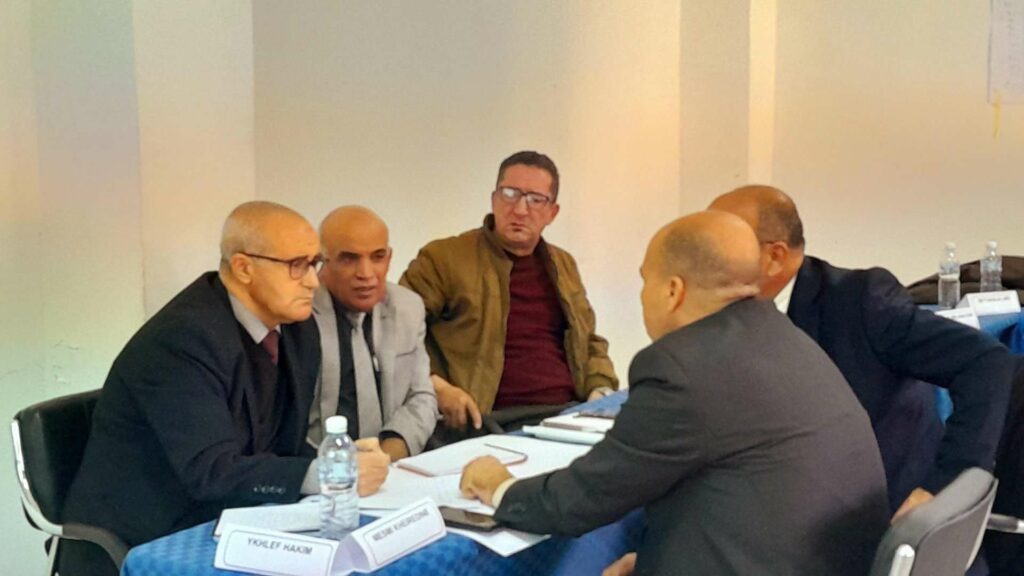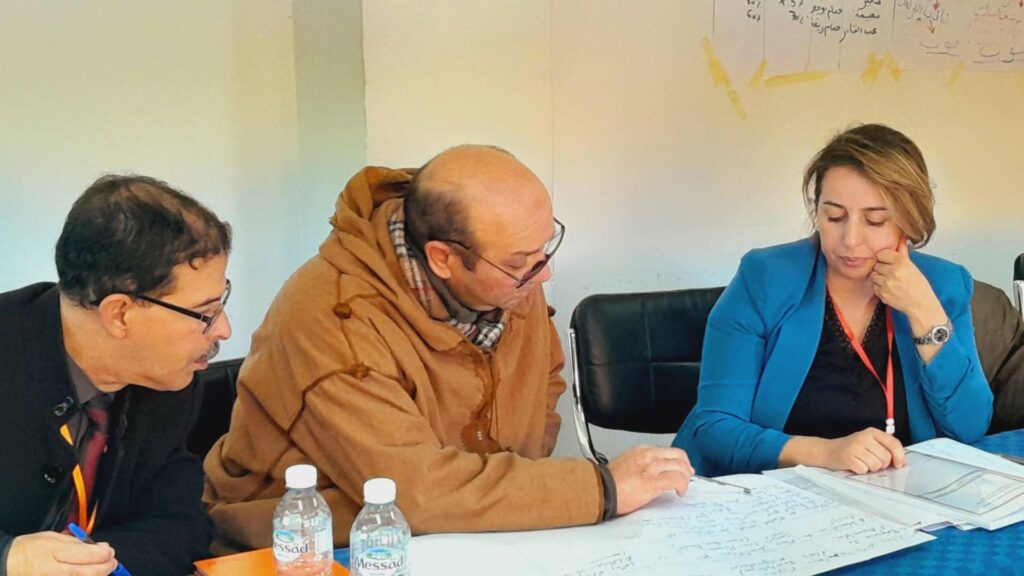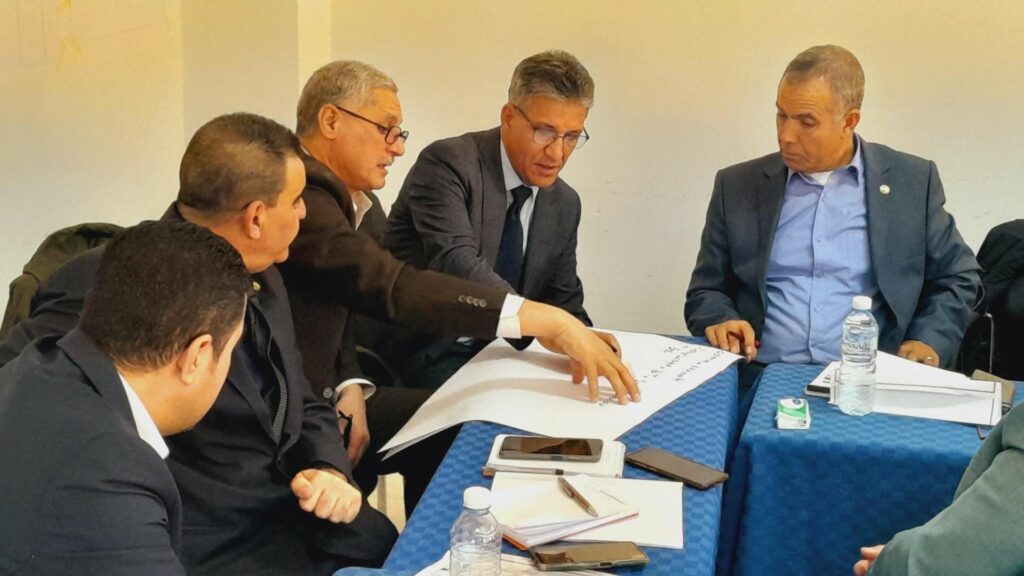On 1st and 2nd of December 2022 partners of CAMELOT project gathered in Stuttgart for the last event of the program. The 2 days event included presentations of Stuttgart Region and of the international relations department of Stuttgart municipality, a field visit of one of Stuttgart Region flagship initiatives, and a conference on citizens participation in local and metropolitan governance.
After a journey of very fruitful exchanges, partners had the chance to review and discuss their respective experience while implementing the project and exploring the possibilities to further strengthen citizens’ participation in Metropolitan areas.
The example provided by the Stuttgart 21 project was particularly inspiring. This project, which was initiated in 1994, allowed project partners to learn how a major mobility project should take into account citizens.
Stuttgart 21 is a railway and urban development project in Stuttgart, Germany. It is a part of the Stuttgart–Augsburg new and upgraded railway and the Main Line for Europe (Paris—Vienna) within the framework of the Trans-European Networks. Its core is a renewed Stuttgart train station. It was officially announced in April 1994, with construction works starting in February 2010 and a delivery expected for 2025. With a total cost officially estimated at €9.15 billion, it created intense debates and citizens’ opposition on a broad range of issues, including the relative costs and benefits, geological and environmental concerns, as well as performance issues.
The field visit took CAMELOT project partners through 30 years of history of Stuttgart urban development and political life.
Along with the discovery of an impressive architectural prowess, this visit with CAMELOT brought a frank exchange on challenges and opportunities linked to structural projects that are at the core of metropolitan areas responsibilities.
The conference that took place on 2nd December gathered Fabienne Keller, Quaestor and Member of the European Parliament, Vice-President of the Urban Intergroup, Dr. Alexandra Zoller, Head of Department for EU Politics, State Representation in Brussels and cross-border cooperation, State Ministry Baden-Württemberg, Dr. Bernd Vöhringer, Lord Mayor, City of Sindelfingen, President of the local chamber of the Congress of the Council of Europe and Xavi Tiana, Head of Department for International Relations, Barcelona Metropolitan Area.
They discussed the importance of the role of cities in connecting European citizens to the institutions of the European Union. Fabienne Keller reminded that the EU started with an economic project and grew to address the most pressing challenges. She mentioned the Health Strategy developed after the COVID crisis, but also the Cohesion policy (ERDF) that was designed to support both infrastructure projects and exchange of good practices in city networks.
Reminding that in the 21st century we cannot develop policies without involving citizens, as they play a big part in the success of these policies, Ms Keller expressed her admiration for the CAMELOT project (funded by Europe for Citizens), as it has been instrumental in developing the use of participatory processes in strategic planning.
For the Vice-President of the interurban group, the local level is essential; it is the level where citizens can feel that they are heard. But it is complicated as EU policy goes through the central state level. We also have to explain better how to take advantage of EU fundings.
A Representative from Baden Württemberg agreed and emphasized that regional and local levels are the place to work with civil society in order to gain more resilience.
Bernd Vörhinger stressed that the local level is always at the front line. To illustrate his purpose, he referred to COVID and to the impact of the war in Ukraine. He also underlined the importance of local governments for peace and stability.
After this inspirational exchange, CAMELOT partners presented their good practices in terms of citizens engagement and urban development.
🇦🇲 Read the news in Armenian
🇬🇪 Read the news in Georgian
🇷🇴 Read the news in Romanian
🇺🇦 Read the news in Ukrainian
